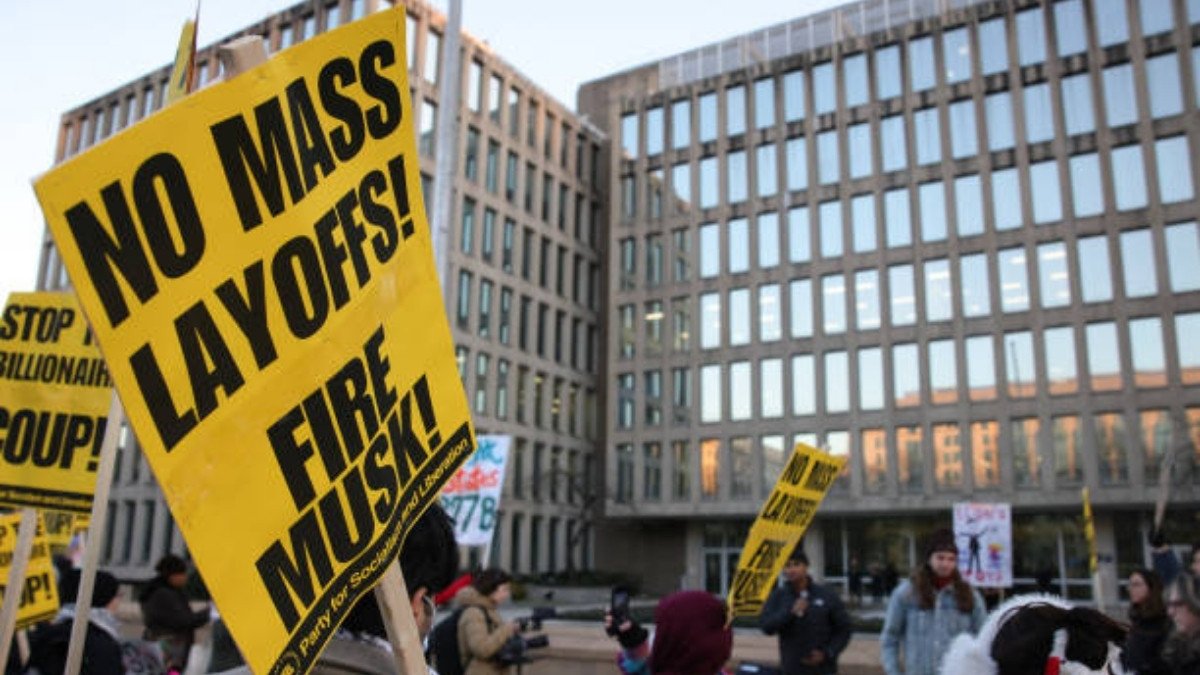A federal judge in San Francisco has stopped the Trump administration from withholding money from 34 cities and counties over policies that limit cooperation with immigration authorities. The ruling, issued late Friday, extends an earlier block that covered a smaller group of jurisdictions.
U.S. District Judge William Orrick said the orders from the administration presented an unconstitutional threat by pressuring local governments into helping enforce federal immigration law. He added that the government had not provided valid reasons to oppose the broader order.
The decision shields major cities such as Boston, Chicago, Denver, and Los Angeles, along with dozens of other local governments. Many of these places argued that billions of dollars in federal funds were at risk if the orders stood.
Orrick had previously placed an injunction covering about a dozen cities including San Francisco, Portland, and Seattle. Friday’s ruling expands the protection to many more jurisdictions across the country that have adopted sanctuary-style policies.
The White House did not immediately respond to requests for comment on the ruling. The administration has already appealed Orrick’s earlier order and is expected to challenge this new expansion as well.
The case centers on executive orders signed by President Donald Trump directing agencies to deny funding to jurisdictions that limit cooperation with federal immigration enforcement. One order called on Attorney General Pam Bondi and Homeland Security Secretary Kristi Noem to block federal money from going to such communities.

Another order told all federal agencies to make sure that their payments to state and local governments do not support what it called sanctuary policies. Critics said this sweeping mandate put vital funding for housing, health, and public safety in jeopardy.
Judge Orrick wrote that these executive orders, along with the actions taken to enforce them, amounted to a coercive threat against local governments. He said the Constitution does not allow the federal government to impose such conditions without Congress’s approval.
The ruling also prevents the administration from attaching immigration-related conditions to two major grant programs. Local governments had argued that such conditions were imposed without authority and unfairly tied unrelated funding to immigration enforcement.
The Department of Homeland Security in May published a list of more than 500 jurisdictions it labeled as sanctuary areas. Officials said each would be formally notified that the government considered them noncompliant, and that some could face claims of violating federal law.
The list was quickly removed from the agency’s website after critics pointed out errors, including the naming of cities that had been cooperating with immigration enforcement. The move fueled questions about the accuracy and intent behind the public listing.
The Justice Department has also filed lawsuits against New York, Los Angeles, and other cities, claiming their sanctuary policies obstruct federal immigration enforcement. Those cases remain active as the legal battles continue nationwide.
The term “sanctuary city” does not have a strict legal meaning. It generally refers to communities that restrict local police or jails from holding people for Immigration and Customs Enforcement without a warrant. ICE relies on cooperation from local agencies to identify and detain immigrants facing deportation.
Supporters of sanctuary policies argue they protect community trust in law enforcement and prevent immigrants from fearing routine police contact. Critics, including Trump, say the policies allow people in the country illegally to avoid deportation and encourage further violations of immigration law.
Trump campaigned on a pledge to remove millions of immigrants who entered the country illegally. His administration has stepped up raids and arrests in cities across the country, drawing strong opposition from local officials who say such actions spread fear in communities.
Orrick, who was nominated to the bench by former President Barack Obama, made clear in his order that the Constitution gives Congress, not the president, the power to decide how federal funds are distributed. He said the administration’s actions had overstepped those limits.
[inline_related_posts title=”RECOMMENDED” title_align=”left” style=”list” number=”2″ align=”none” ids=”” by=”categories” orderby=”rand” order=”DESC” hide_thumb=”no” thumb_right=”no” views=”no” date=”yes” grid_columns=”2″ post_type=”” tax=””]
The ruling represents another legal setback for Trump’s immigration agenda, which has faced repeated challenges in courts since he took office. Similar disputes over travel bans and border policies have also led to prolonged battles between the administration and judges across the nation.
For now, sanctuary jurisdictions will continue to receive federal funds without the immigration conditions the administration sought to impose. But the legal fight is expected to continue as appeals move forward.















